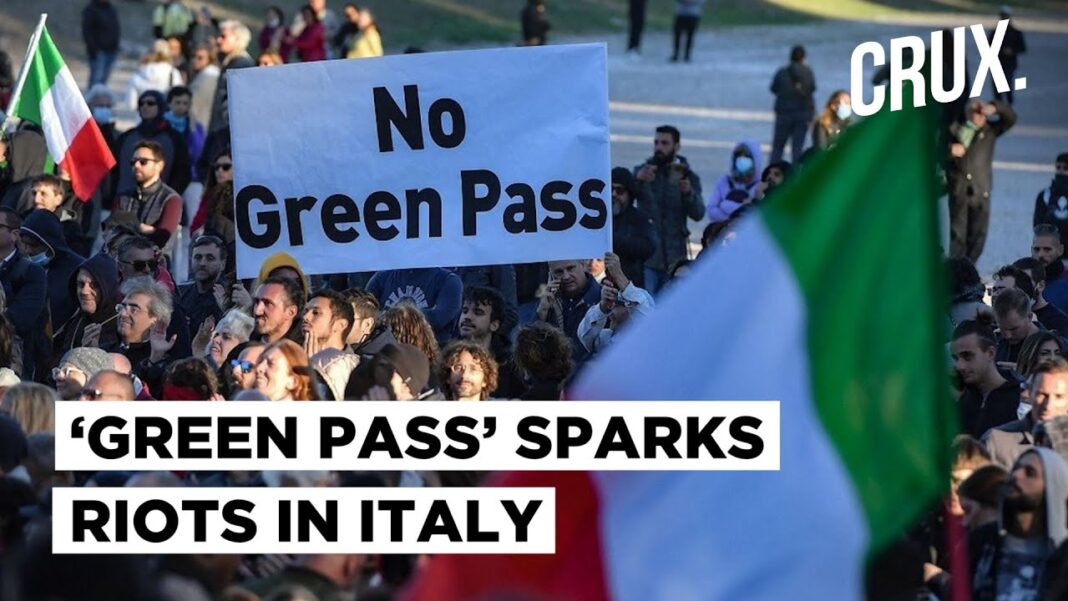Facebook announced updates to its harassment policy on Wednesday to protect public figures, journalists, and activists from harmful content and attacks, according to a new statement from the social media giant.
The changes follow the recent congressional testimony of Facebook whistleblower Frances Haugen, who shared concerns about the company’s practices.
Haugen, a former product manager on Facebook’s civic misinformation team, on Oct. 3 revealed that she was the individual who provided the internal documents for a Sept. 14 exposé by The Wall Street Journal that claims Instagram has a “toxic” impact on the self-esteem of young girls.
She has accused Facebook of repeatedly putting profit before doing “what was good for the public,” including clamping down on hate speech.
Now Facebook has announced its new policy to better protect users concerned about bullying and harassment on the platform.
“It’s important that everyone on our apps feels safe to engage and connect with their communities. We do not allow bullying and harassment on our platform, but when it does happen, we act,” Global Head of Safety Antigone Davis said in the statement.
“We remove content that violates our policies and disable the accounts of people who repeatedly break our rules,” Davis added.
The announcement was coordinated with National Bullying and Awareness Day in the United States. The actions seek to offer additional protections to anyone who feels threatened on the platform, especially through the large-scale harassment sometimes experienced by leading influencers.
The statement focused on two areas of change. First, Facebook’s new policy will remove “coordinated efforts of mass harassment.” This change could include comments, direct messages, and other targeted attempts to harass users in a coordinated manner.
The second change includes more protections for public figures. Defined to include celebrities, creators, journalists, and politicians, the new policy will remove:
- Severe sexualizing content
- Profiles, pages, groups, or events dedicated to sexualizing the public figure
- Derogatory, sexualized photoshopped images and drawings
- Attacks through negative physical descriptions that are tagged to, mention, or posted on the public figure’s account
- Degrading content depicting individuals in the process of bodily functions
The protections will also specifically protect influencers in the “underrepresented community, including women, people of color, or the LGBTQ community.”
In addition to Facebook, the policy changes will include interactions on the Facebook-owned app Instagram.
Not everyone is in favor of the updated policies. Rep. Dan Crenshaw (R-Texas) posted a controversial YouTube video (see above) Monday calling the Facebook whistleblower a “Trojan horse.”
He said in the video’s description that “contrary to the media’s casual assertions that Republicans and Democrats see eye to eye on this issue, let me assure you we do not.”






